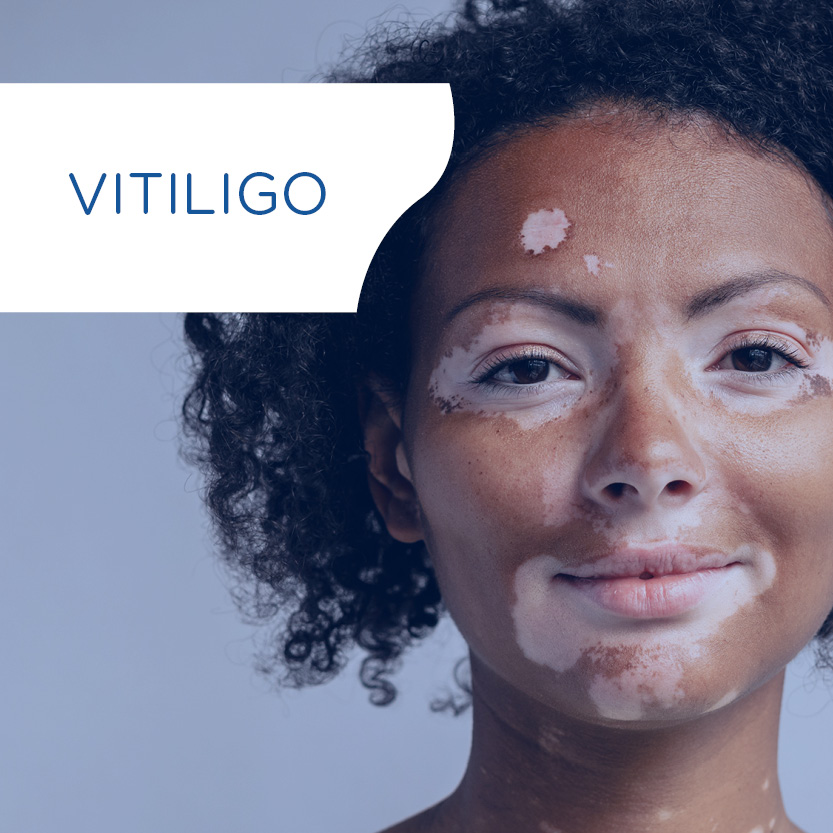Bioalternatives offers immunolabeling services in order to detect the cell and tissue components in a tissue section. Proteins of interest (antigens) are detected by using polyclonal or monoclonal antibodies specifically directed against the target proteins.
Our laboratory can perform immunolabeling by using either the direct approach (antibody directly coupled to a marker) or the indirect approach (unlabeled primary antibody specifically recognized by a marker-labeled secondary antibody) for immunolabeling on different types of tissues: reconstructed tissues, human or animal explants and biopsies, paraffin embedded (FFPE) or frozen tissues.
The detection methods directly depend on the type of marker that is used. Our laboratory uses special in situ detection techniques: immunofluorescence and immunohistochemistry.
-
Immunofluorescence is a technique which consists in detecting and localizing a protein of interest using a specific antibody (directly linked to a fluorophore or detected by a secondary fluorescent antibody). Immunolabeling of proteins of interest is generally associated to nuclear labeling by Hoechst staining or by propidium iodide staining. This technique, when associated to an image processing program (e.g. ImageJ), can also generate fluorescence intensity data that can be analyzed quantitatively. It is also possible to perform co-labeling with this technique.
-
Immunohistochemistry by enzyme detection is the second special in situ detection technique, which consists in detecting and localizing a protein of interest within a tissue section, using a specific antibody which will be detected by an enzymatic reaction (such as peroxidase) that generates a red precipitate from an AEC-type chromogen (Aminoethyl carbazole).
We evaluate the immunolabeling conditions according to the selected type of the antibody (fixation of the sample by freezing or by paraffin embedding, IF and/or IHC).
Our laboratory has validated more than 120 markers and is at your disposal for any immunolabeling request. Contact us!
This is a non-exhaustive list of the validated biomarkers we offer:
The full list is available upon request, contact us.
| BIOMARKERS |
|---|
| Androgen receptor |
| Beta defensin 2 |
| Caspase 14 |
| Cathelicidin antimicrobial protein (CAP18) |
| CD1a |
| CD209 DC-SIGN |
| CD44 |
| Claudin 1 |
| Claudin 4 |
| Collagen type I |
| Collagen type III |
| Collagen IV |
| Collagen type VII |
| Corneodesmosin |
| Cytokeratin-10 |
| Cytokeratin-14 |
| Cytokeratin-15 |
| Cytokeratin-19 |
| Cytokeratin-6 |
| Cytokeratin-7 |
| Decorin |
| Desmocollin 1 |
| Desmoglein |
| Desmoglein 3 |
| E-cadhérine |
| Epithelial membrane antigen |
| Elafin |
| Elastin |
| Envoplakin |
| Epiplakin |
| Fibrillin-1 |
| BIOMARKERS |
|---|
| Fibronectin |
| Filaggrin |
| Hyaluronic Acid |
| Integrin alpha2 |
| Integrin alpha2 beta1 |
| Integrin beta4 |
| Integrin α6 |
| Involucrin |
| Kallikrein 5 |
| Kallikrein 7 |
| Ki67 |
| Laminin-5 |
| Langerin |
| Loricrin |
| Lumican |
| Melanoma associated antigen |
| Nidogen |
| Occludin |
| Perlecan |
| Pro-collagen type I |
| Psoriasin |
| RNASE7 |
| Sirtuin 1 |
| Tenascin C |
| Thymine dimer |
| Transglutaminase 1 |
| TRP1 |
| Tyrosinase |
| TYRP-1 |
| Zonula Occludens |
| etc… |
Immunolabeling – customized developments
Bioalternatives also provides personalized services for research and validation of antibody. Antibody identification and validation are important steps within the antibody development process. After conducting an extensive literature review, Bioalternatives evaluates the labeling conditions according to the selected type of antibody.
Our teams can assist you with any request concerning customized development. Contact us!









